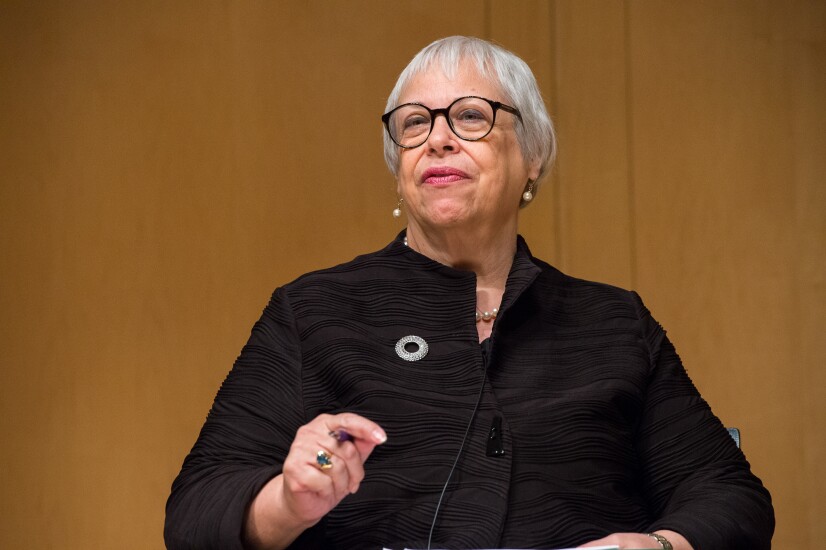Major consumer advocates and groups say the CFP Board's
"I applaud the board," wrote Phyllis Borzi, a former assistant secretary in the Department of Labor and the official credited most with shepherding the government's own fiduciary rule into existence. Borzi’s comment appeared on the board's public forum for feedback on its proposals. Nearly 200 responses appeared on the site, which closed to additional feedback on Aug. 21
Others chimed in to say the board needs to go even further to rid the industry of conflicts and clarify ambiguous points of the current rule.
Critics, however, said it will create unintended consequences, as well as overly burdensome compliance requirements.
Now that the deadline for public comments is past the CFP Board will evaluate the feedback. The timetable for finalizing the changes will depend on the comments received, according to its General Counsel Leo Rydzewski.
Scroll through to read a lightly edited survey of the comments.







